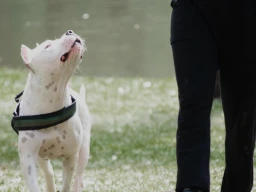
Why do you need an animal behaviourist and how do you go about finding the correct one.
Remember that animal behaviorists often work in collaboration with veterinarians to ensure a holistic approach to your pet's well-being.
Read more
Furballs/Hairballs the cause and how to cope
If you have concerns about your cat's health or if hairballs persist despite your efforts, it's essential to consult with your veterinarian for a thorough examination and personalized advice based on your cat's specific needs.
Read more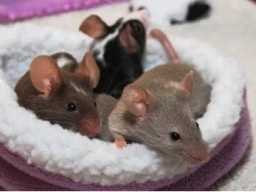
Mice as Pets
Mice are trainable, and can be trained to be disciplined as well as how to handle food
Read more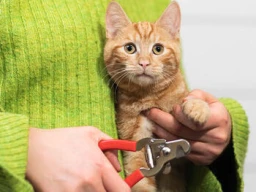
Grooming for Kittens ?
It's essential to introduce grooming activities gradually and make them positive experiences for your kitten.
Read more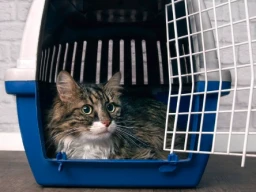
Traveling with my cat
Traveling with your cat can be a bit stressful for both you and your feline friend, but with the right preparation and precautions, it can be a safe and enjoyable experience.
Read more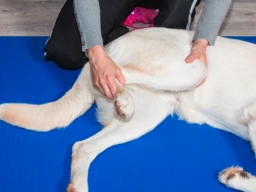
Physiotherapists for dogs
Veterinary physiotherapy can be a valuable tool in enhancing your dog's overall health and well-being when used in conjunction with traditional veterinary care.
Read more
Where to train your Puppy Home or Away
One of the major benefits of home training is that it is private so you and your trainer can focus on the things you particularly want your puppy to focus on
Read more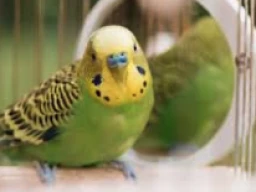
INDOOR BIRDS
Purchasing the correct indoor bird cages & aviaries along with the appropriate toys and food will help to ensure that your pet bird becomes a family member
Read more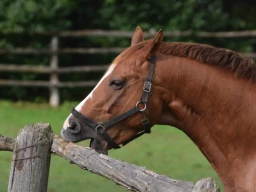
Horse Behaviourists
Overall, becoming a horse behaviourists requires a deep understanding of equine behaviour and welfare, as well as specialised training in behaviour modification techniques.
Read more
Sunblock for your dog?
Yes, it is true that some dogs may benefit from the application of sunblock, especially those with light-colored fur, thin or short coats, and exposed skin.
Read more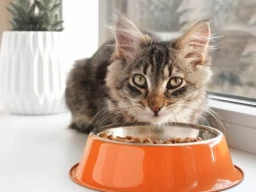
Veterinarian prescribed cat food, why?
Veterinarian-prescribed cat food, often referred to as prescription or therapeutic diets, serves specific nutritional purposes and is recommended for cats with various health conditions.
Read more
Nourishing Your New Best Friend: A Guide to Puppy Food and Weaning
One of the key milestones in a puppy's journey is the transition from milk to solid food, a process known as weaning.
Read more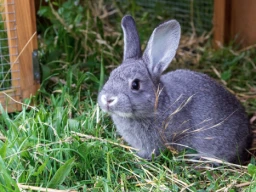
What is the Best Hutch for my Rabbit
An indoor rabbit still needs a hutch to feel safe and secure but, if this is not an option then make sure you create an area for beds & hideaways.
Read more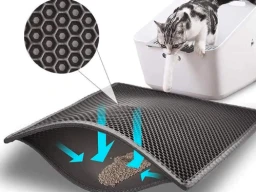
Cat litter trays and mats
A litter tray is a container used to hold cat litter, while a litter mat is a mat placed outside or inside the tray to help capture any litter that may be kicked out by your cat.
Read more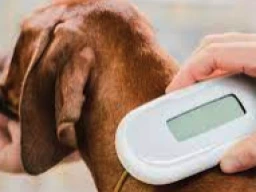
Microchipping your dog
Microchipping is a safe and effective way to ensure that your dog can be identified and returned to you if it ever becomes lost or separated from you
Read more
Buying Gerbils and all that is involved
By providing a suitable cage, a balanced diet, regular veterinary care, and opportunities for mental and physical stimulation, you'll be on your way to ensuring a happy and healthy life for your gerbils.
Read more
Delightful Delicacies: A Guide to Puppy Treats and Milk
Opt for treats that are small in size and easy to chew, especially for younger puppies with developing teeth and jaws.
Read more
Transporting your dog
When transporting your dog, it's important to consider the safety and comfort of your pet.
Read more
Prosthetics and Braces for Pets
The process of getting a prosthetic or brace for your pet typically involves working with a veterinarian who specializes in orthotics and prosthetics or a veterinary rehabilitation specialist.
Read more
Puppy Training and Socialization
Remember puppy treats and dog treats should always be carried with you to reward your puppy when he behaves correctly.
Read more